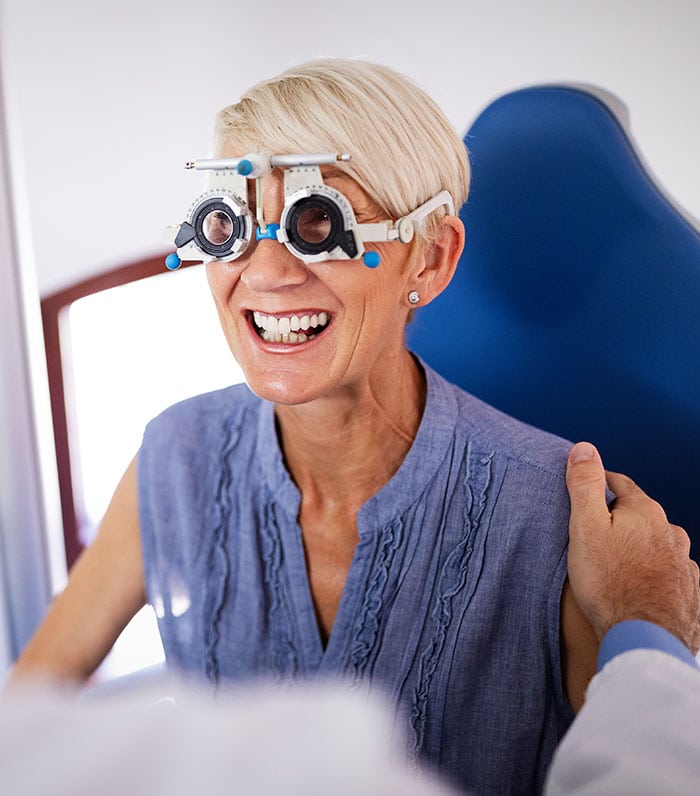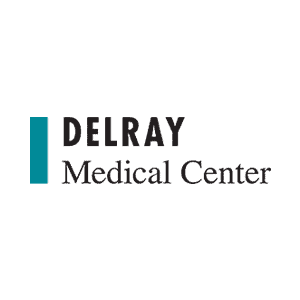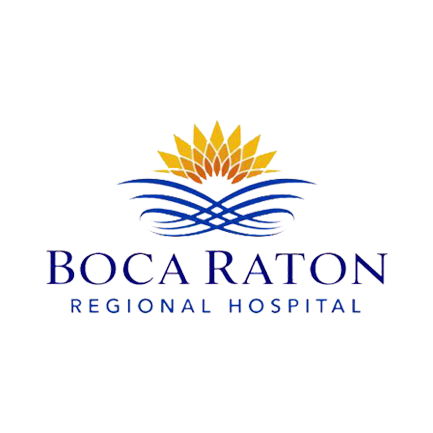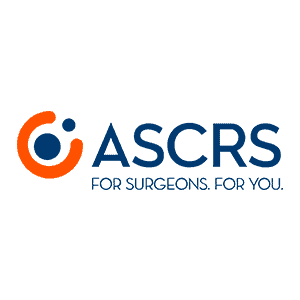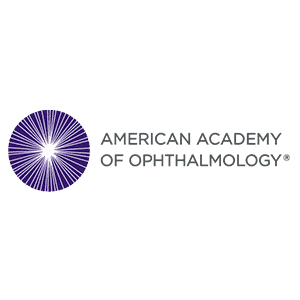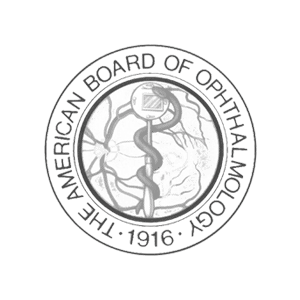Common Eye Exam Questions
What happens during a comprehensive eye exam?
Comprehensive eye exams at Cohen Laser & Vision Center include a full evaluation of both your eye health and your vision. A typical comprehensive eye exam includes:
Health history
Your ophthalmologist reviews both your eye history and overall medical history. Your family history can play a role in the development of some eye diseases, so be sure to let your ophthalmologist know about any serious eye issues in your immediate family.
Visual acuity test
In the visual acuity test, you'll read an eye chart called the Snellen Eye Chart to determine how your vision rates on a 20/20 scale. 20/20 is normal visual acuity. That fraction means that you can see the things you should be able to see at a 20-foot distance. If you have 20/40 vision, it means that you need to be 20 feet away from an object to see it clearly, while a patient with normal vision can see that same object from 40 feet away.
Refraction
If you don't have 20/20 or better vision, you'll have a refraction test to determine what kind of prescription you need. An autorefractor computerizes the refraction test that determines your prescription for eyeglasses or contact lenses.
Slit lamp examination
Your ophthalmologist uses a slit lamp, also called a biomicroscope, to view your inner and outer eye in detail. During the slit lamp exam, your ophthalmologist checks for early signs of cataracts, macular degeneration, or other serious eye conditions.
Tonometry
Tonometry is a test that checks for the most common sign of glaucoma, your intraocular pressure (IOP) — the pressure inside your eyeball. When IOP is high, it's a warning sign that glaucoma could be damaging your optic nerve.
Pupil dilation
Some comprehensive eye exams include pupil dilation. If your ophthalmologist needs a more detailed view of the structures at the back of your eye, pupil dilation is the simplest way to do that. Pupil dilation takes around a half-hour to go into effect and lasts for a few hours after your eye exam. It's fine for you to drive yourself home, as long as you wear sunglasses for eye protection. Your comprehensive eye exam includes much more, too: your ophthalmologist checks everything from your eye muscle movement to your blinking reflex. After a comprehensive eye exam, you'll typically have a clean bill of ocular health for a year or more.
How does vision screening differ from a comprehensive exam?
A vision screening evaluates only your vision. This test can update your prescription, but it doesn’t check your eye health or look at the inner structures of your eyes.
How often should I have a comprehensive eye exam?
Comprehensive eye exam frequency varies by patient. Your Cohen Laser & Vision Center ophthalmologist considers all aspects of your current and past eye health, vision, and whole-body health to decide the ideal exam frequency. In general, most patients can benefit from a comprehensive eye exam every 1-2 years.
Schedule an appointment online or call Cohen Laser & Vision Center for the best in comprehensive eye exams from skilled ophthalmologists. The practice serves those in Boca Raton, Delray Beach, Deerfield Beach, Pompano Beach, Boynton Beach, and all of Palm Beach County.
Want More Information?
Contact us today so we can answer your questions.
Call us now at (561)981-8400, or request an appointment online here.




